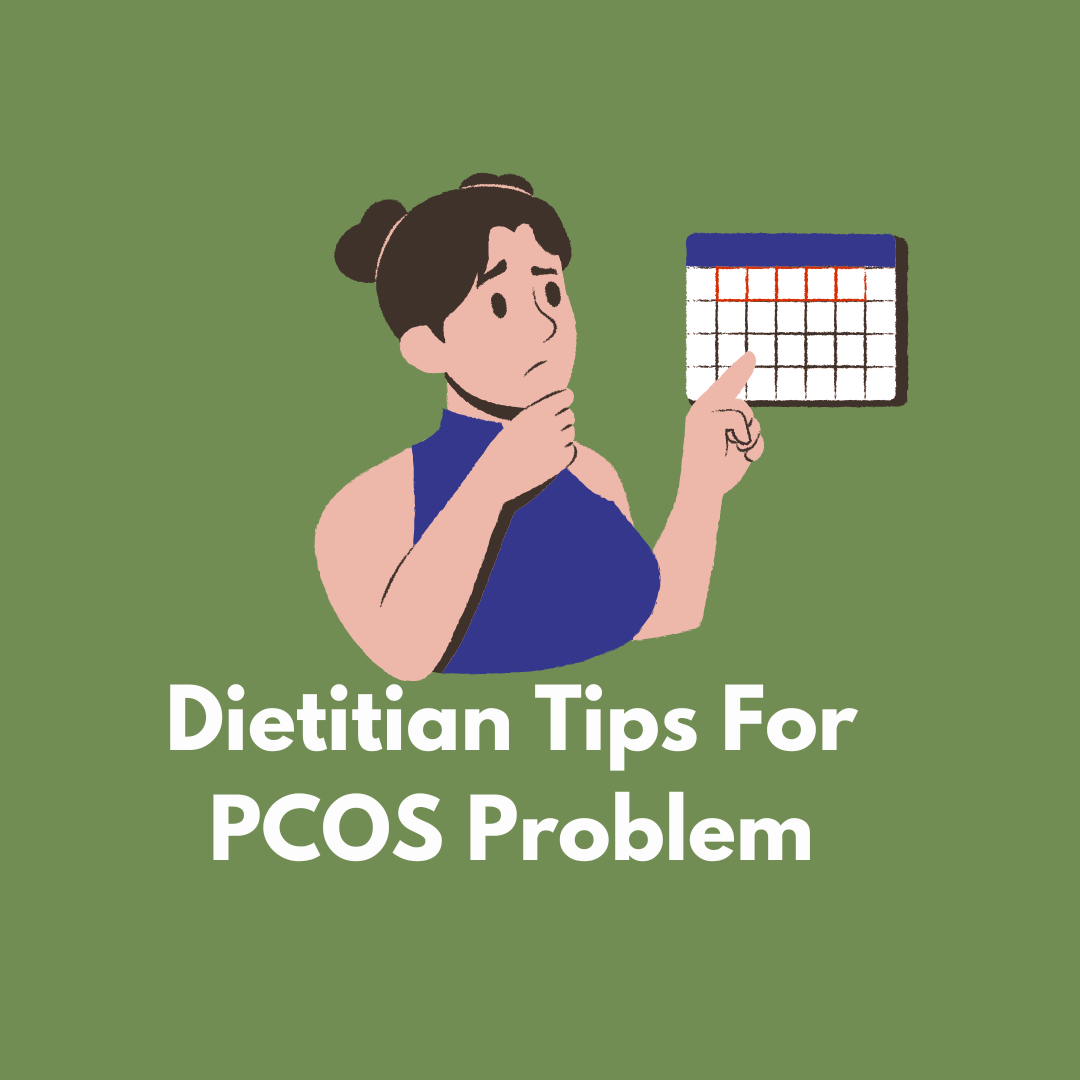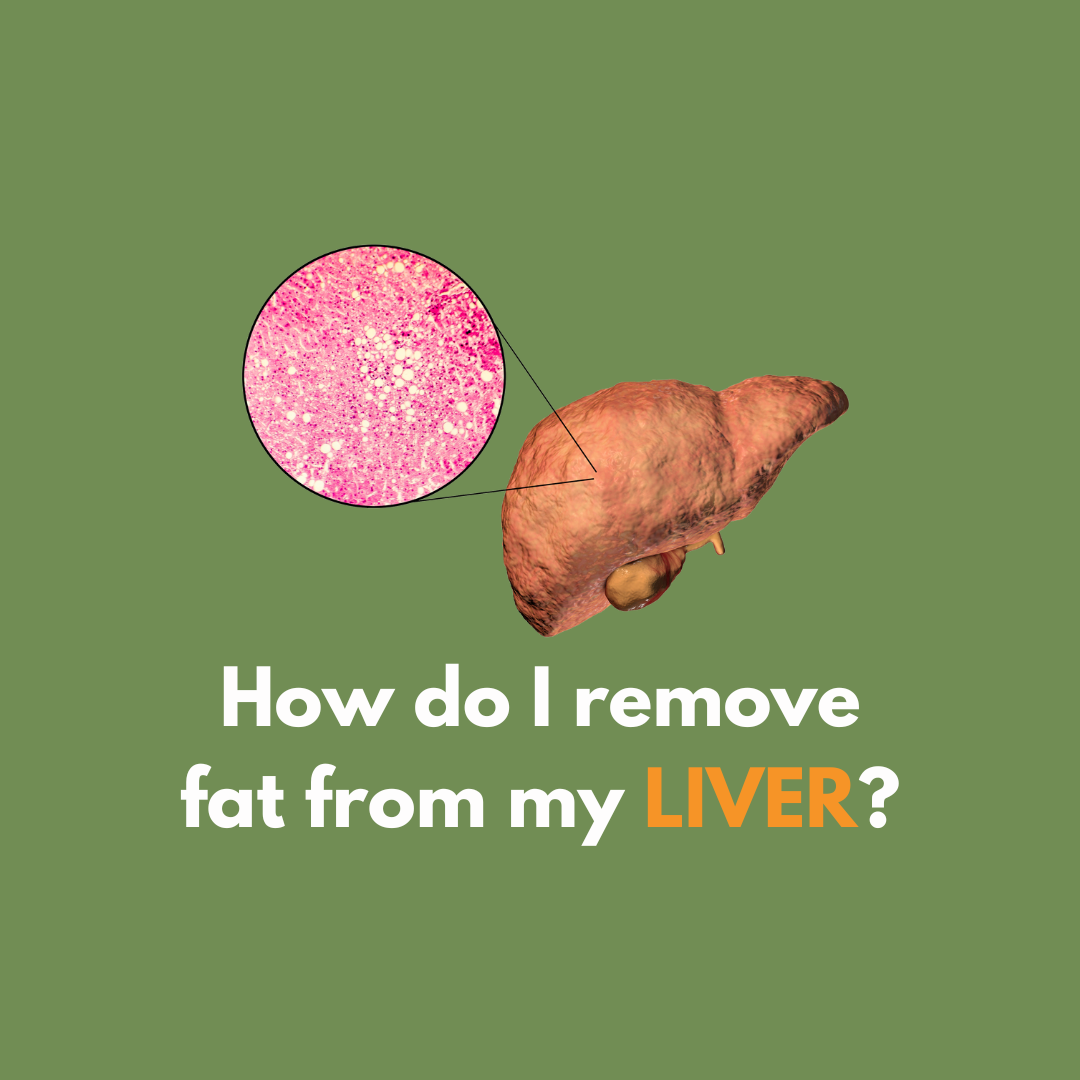Understanding PCOS: Symptoms, Solutions, and Common Problems
Polycystic Ovary Syndrome (PCOS) is a complex hormonal disorder that affects women of reproductive age. It’s characterized by various symptoms, including irregular menstrual cycles, hormonal imbalances, and the presence of ovarian cysts. However, PCOS is more than just a reproductive issue; it can impact multiple aspects of a woman’s health, including metabolism, mental well-being, and fertility. Understanding the signs, managing the condition effectively, and addressing common challenges are essential for those living with PCOS.

PCOS Symptoms: Highlighting the Symptoms
PCOS manifests differently in each individual, making it challenging to diagnose. However, some common symptoms include:
- Irregular periods
- Excess hair growth (hirsutism)
- Acne
- Weight gain
Hormonal imbalances, particularly elevated levels of androgens (male hormones), contribute to these symptoms. Additionally, many women with PCOS experience difficulties with fertility due to irregular ovulation or lack thereof.
Recognizing these signs is crucial for early intervention and management. Women experiencing symptoms such as irregular periods, persistent acne, or unexplained weight gain should:
- Consult with a healthcare professional for evaluation and diagnosis
- Track symptoms over time to provide valuable information for accurate diagnosis
- Consider genetic predisposition and family history as potential risk factors
How to Deal with PCOS: Strategies for Management
While there is no quick cure for PCOS, Several strategies can help manage the condition and alleviate symptoms. These include:
- Lifestyle modifications, such as maintaining a healthy diet, engaging in regular exercise, and managing stress
- Weight loss, even modest, to improve insulin sensitivity and hormone levels
- Medications prescribed by healthcare providers to address specific symptoms, such as oral contraceptives or anti-androgen medications
Regular monitoring and follow-up with healthcare providers are essential for assessing treatment effectiveness and adjusting management strategies as needed. Individuals with PCOS should:
- Keep track of medication schedules and adhere to prescribed treatment plans
- Attend regular check-ups to monitor progress and address any emerging issues
- Communicate openly with healthcare providers about concerns or changes in symptoms
Common Problems of PCOS: Navigating the Challenges
Living with PCOS presents various challenges beyond the physical symptoms.
These include:
- Infertility, which can impact emotional well-being and quality of life
- Weight management struggles due to hormonal imbalances and metabolic issues
- Increased risk of mental health disorders, including depression, anxiety, and eating disorders
To navigate these challenges effectively, individuals with PCOS should:
- Seek support from healthcare providers, fertility specialists, and mental health professionals
- Adopt a balanced approach to diet and exercise, seeking guidance from dietitians or nutritionists as needed
- Prioritize self-care activities to alleviate stress and improve overall well-being, such as mindfulness meditation or yoga
PCOS is a complex condition that requires a comprehensive approach to management. By understanding the symptoms, implementing effective strategies, and addressing common challenges, individuals with PCOS can take control of their health and well-being. With proper management and support, it’s possible to live a fulfilling life despite the challenges posed by PCOS.
Meanwhile you can BOOK YOUR CONSULTATION with Senior Dietitian and Chief Nutritionist Himanshu Rai for PCOS Related any query. He has served more than 50000 Clients Globally and He has awarded as a Best Dietitian in Delhi & Best Dietitian in South Delhi.



